News
President Putin legalizes cryptocurrency mining in Russia
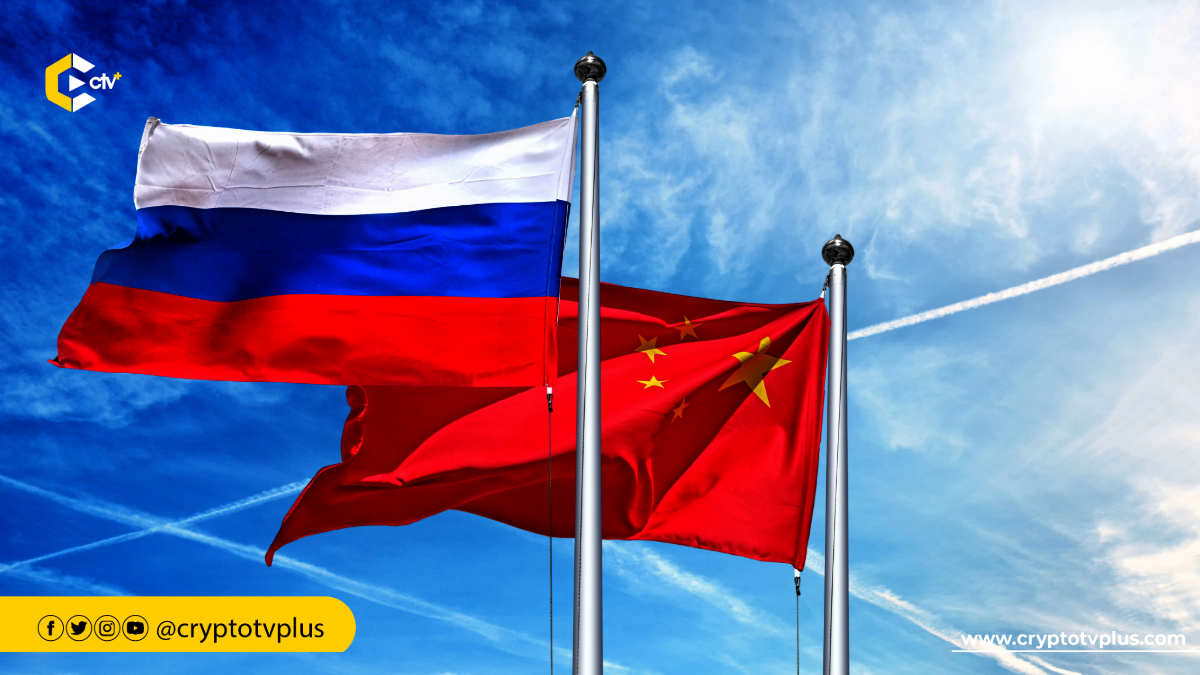
President Vladimir Putin has signed a new law legalizing cryptocurrency mining across Russia. The legislation, which has been in the works for several months, officially establishes a legal framework for the extraction of cryptocurrencies, including Bitcoin and Ethereum, within Russia’s borders.
The law now permits digital currency mining, mining pools, and mining infrastructure operators in Russia as part of business activities. While businesses and entrepreneurs duly registered with the government are now permitted legally to mine cryptocurrency, individual miners don’t need to register as long as they use energy within government limits.
Russians can now trade digital assets from other countries on Russian crypto platforms, but if the Bank of Russia believes certain assets could threaten the country’s financial stability, they have the power to ban them. The President said that signing legalizing crypto mining is important as a tool to improve its economy.
It’s not surprising that Russia is embracing crypto, especially since the United States and its allies have imposed widespread sanctions to isolate the Russian economy following Russia’s invasion of Ukraine in February 2022.
These measures have targeted key sectors, including finance and energy, and have frozen significant foreign currency reserves and assets belonging to Russian banks and elites.
Initially, the sanctions were primarily list-based and sectoral, focusing on specific entities and transactions. However, as the conflict progressed, the U.S. introduced secondary sanctions, which penalized foreign financial institutions engaging in transactions with sanctioned Russian entities.
This has complicated Russia’s ability to access the global financial system and has led to increased transactional activity in countries like China and Turkey as Russia seeks alternative routes.
The economic impact on Russia has been notable, with the International Monetary Fund (IMF) estimating a GDP contraction of 2.1% in 2022. While some reports suggest a slight recovery in 2023, the long-term effects of sanctions are expected to hinder economic growth, particularly as new restrictions on oil exports and technology continue to tighten.
Additionally, Russia has taken a nuanced approach to cryptocurrencies, initially proposing a ban but later moving towards regulation and adoption, focused on international payments.
In January 2022, the Central Bank of Russia proposed banning cryptocurrencies aimed at preventing financial institutions from carrying out crypto operations. However, the government soon shared a roadmap to tax and regulate cryptocurrencies instead.
By February 2022, the government and Central Bank reached an agreement to regulate crypto providers and exchanges, requiring them to obtain licenses, apply KYC, and adhere to AML laws. Cryptocurrencies will be treated as foreign currencies under the proposed draft.



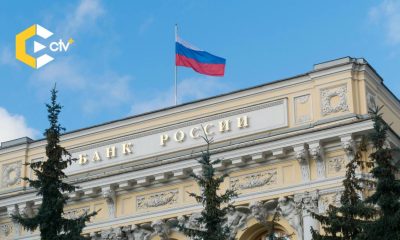



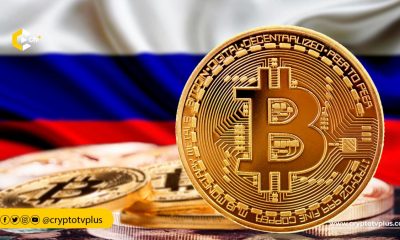

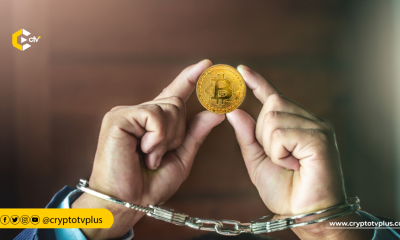

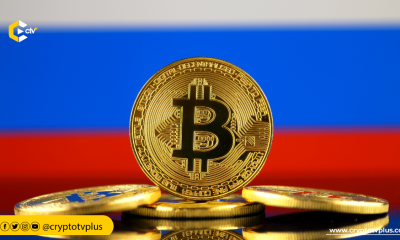

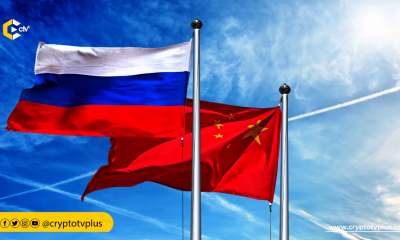











1 Comment